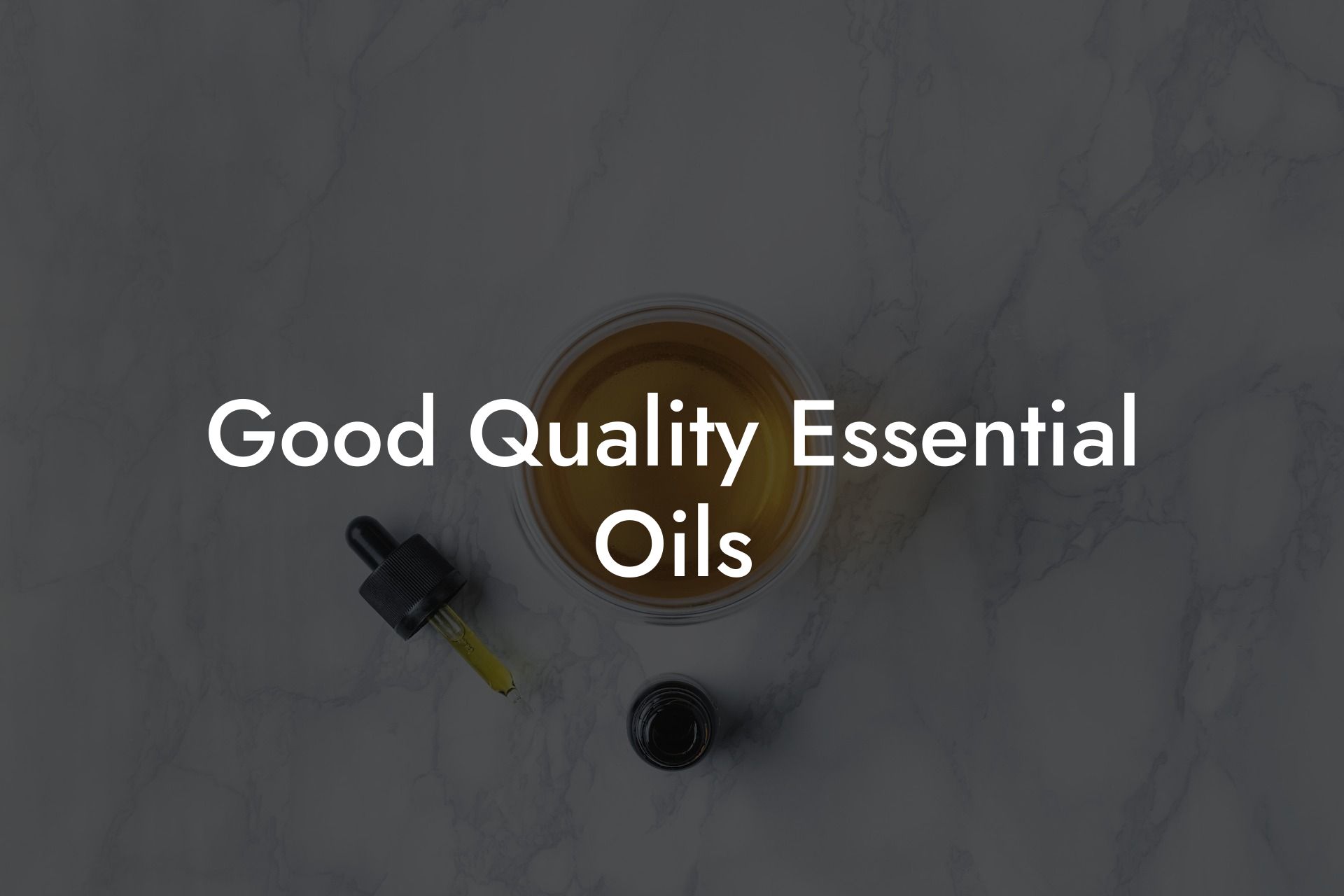Discover the extraordinary benefits of good quality essential oils! In this expert guide, we’ll uncover the secrets behind selecting and using premium artisan essential oils. Let Oshu Oils take you on a journey that will enrich and enhance your mind, body, and spirit.
Table of Contents
What Makes an Essential Oil Good Quality?
Good quality essential oils are pure, unadulterated extracts from plant sources that offer exceptional aroma-therapeutic benefits. These oils are free from synthetic additives, chemicals, or subpar ingredients. Factors that contribute to the quality of essential oils include:
Source and method of extraction
The best essential oils come from plants that are organically grown or harvested from wild sources, ensuring that they are free from harmful pesticides and contaminants. The method of extraction dramatically impacts the quality, too. Steam distillation, cold pressing, and CO2 extraction are the most respected methods for obtaining high-quality essential oils.
Purity and Potency
Pure essential oils contain only the essence of the plant, without any additives or dilutions. Potency reflects the oil’s strength and effectiveness. High-quality oils deliver potent aromatic and therapeutic benefits compared to their lower-grade counterparts.
Testing and Transparency
Reputable suppliers of good quality essential oils perform testing like gas chromatography–mass spectrometry (GC-MS) to ensure purity and potency. They should also provide detailed information about the oil’s origin, botanical name, extraction method, and chemical composition.
How to Choose Good Quality Essential Oils
With so many options available, determining which essential oils meet the criteria for exceptional quality can be overwhelming. Here are some critical considerations when selecting the best essential oils for your needs:
Reputation and Reviews
Choose essential oils from brands with a strong reputation and positive customer reviews, such as Oshu Oils. Industry praise and testimonials from satisfied users can indicate consistent quality and trustworthiness.
Labeling
Examine the product’s labeling for essential information, like the botanical name, country of origin, extraction method, and any warnings or precautions. This information can help you make an educated decision about the oil’s quality and efficacy.
Price
Good quality essential oils are often more expensive due to the careful sourcing and extraction processes. However, investing in high-quality oils ensures that you’ll receive the maximum therapeutic benefits.
Sensory Quality
The aroma of an essential oil can indicate its quality. Pure and high-quality oils should have a pleasant, natural aroma that is neither overpowering nor weak. Trust your instincts when evaluating an oil’s sensory qualities.
Good Quality Essential Oils Example:
Imagine you’re looking to incorporate lavender essential oil into your bedtime routine to improve your sleep quality. Here’s how you would go about selecting a good quality lavender oil:
1. Research and find a reputable brand like Oshu Oils, with a track record of happy customers and a commitment to quality.
2. Examine the product labeling for crucial information, such as the botanical name (Lavandula angustifolia), country of origin, extraction method (steam distillation), and any safety precautions.
3. Compare prices with other lavender oils on the market, keeping in mind that higher quality oils are often more expensive.
4. Finally, assess the oil’s aroma, ensuring that it has a pleasant and natural scent.
Now that you’re equipped with the knowledge to select and appreciate good quality essential oils, it’s time to transform your world with the power of aromacology. Don’t forget to share this valuable guide with friends and family, so they too can learn about the incredible benefits of artisan essential oils. Be sure to explore the Oshu Oils range and other fascinating guides on our blog for more insights into the captivating realm of essential oils and aromacology.





















